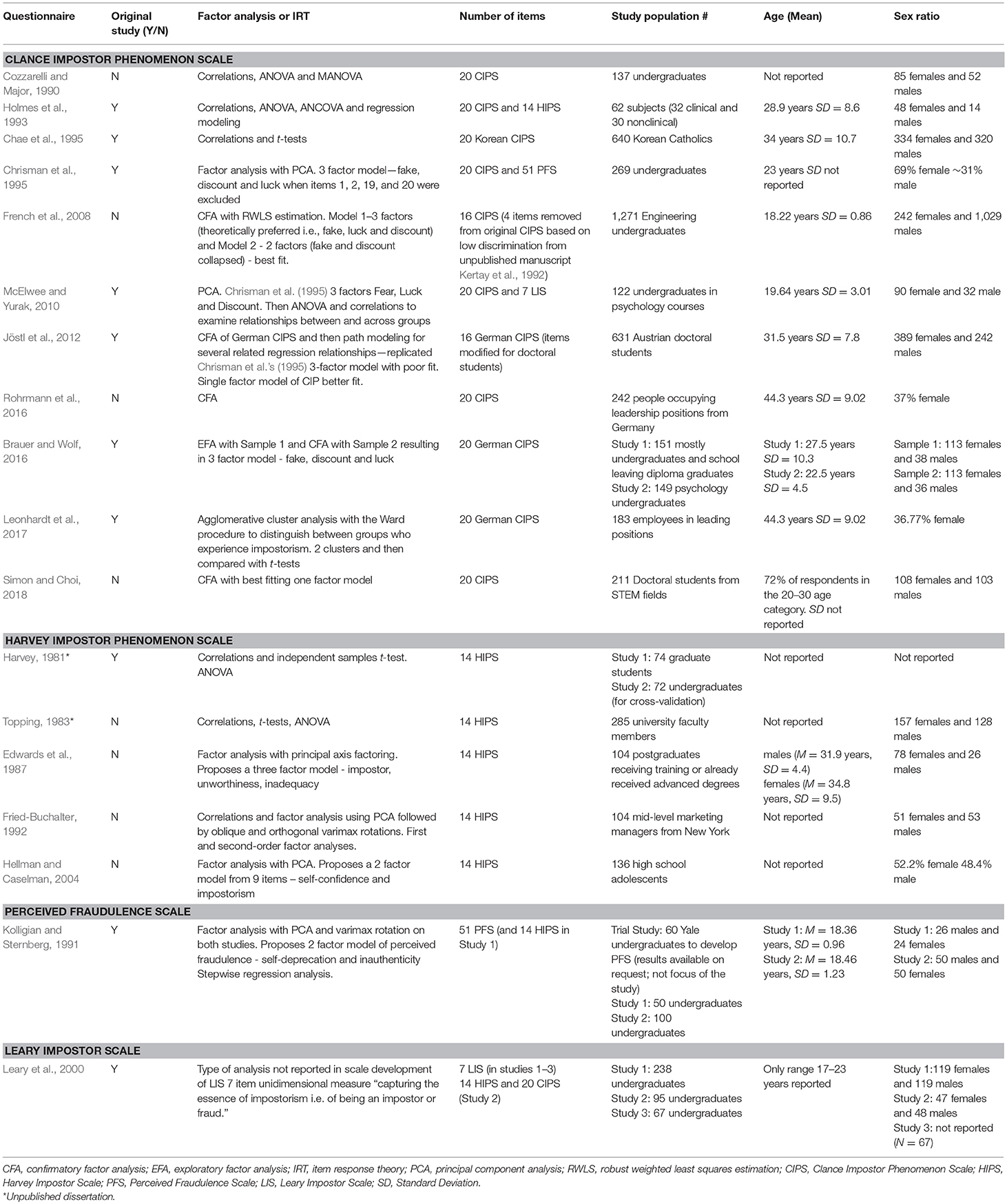The Science Behind Procrastination, Emotional Dependency, and Impostor Syndrome
The Science Behind Procrastination, Emotional Dependency, and Impostor Syndrome
Blog Article
In today's fast-paced world, people often face internal obstacles that hinder their success. Among these, procrastination, emotional dependency, and impostor syndrome are some of the most common challenges. What can you do to break free from these patterns?
This article, we will explore the root causes and strategies to address these three challenges. By understanding their impact and learning how to tackle them, you can build a healthier mindset and achieve your goals.
What is Procrastination?
Procrastination refers to postponing important activities despite knowing their importance. It often stems from fear of failure, lack of motivation, or poor time management.

When procrastination takes over, it can lead to oque é procrastinação stress, missed simdrome do impostor opportunities, and reduced productivity. Overcoming procrastination requires practicing self-discipline and creating actionable plans. Consider techniques like the Pomodoro Technique or focusing on time-bound goals to stay on track.
The Nature of Emotional Dependency
Emotional dependency is a state where a person depends excessively on external relationships to fulfill their emotional needs. Although relationships are fundamental, emotional dependency turns detrimental when self-esteem is tied solely to others’ approval.

Symptoms often include a fear of rejection, difficulty making decisions independently, and an overwhelming need for reassurance. Breaking free from this pattern, it’s crucial to develop self-awareness and cultivate self-reliance. Engaging in personal development activities and professional guidance can be helpful tools.
What is Impostor Syndrome?
Impostor syndrome refers to a psychological phenomenon where individuals doubt their accomplishments despite evident success. Those affected often attribute their achievements to luck rather than skill or effort.

Impostor syndrome often results in anxiety, self-doubt, and a fear of being “exposed”. To overcome impostor syndrome involves reframing negative thoughts and celebrating accomplishments. Seeking feedback from trusted peers and embracing self-compassion can support personal growth.
How to Address These Challenges?
To navigate these issues, consider the following strategies:
- Develop structured daily plans and break larger tasks into smaller milestones.
- Recognize triggers that contribute to your emotional reliance and work towards independence.
- Practice gratitude to counter impostor syndrome and seek professional guidance if needed.
Long-term improvement requires persistence, so stay committed to these approaches to achieve lasting transformation.
Conclusion: Taking the First Step
These challenges may seem daunting, but you can overcome them by taking deliberate action. By understanding their roots and applying effective techniques, you open the door to personal growth.
Take the first step by acknowledging where you stand and adopting simple, actionable strategies. Remember: progress is a journey, not a destination.
Report this page